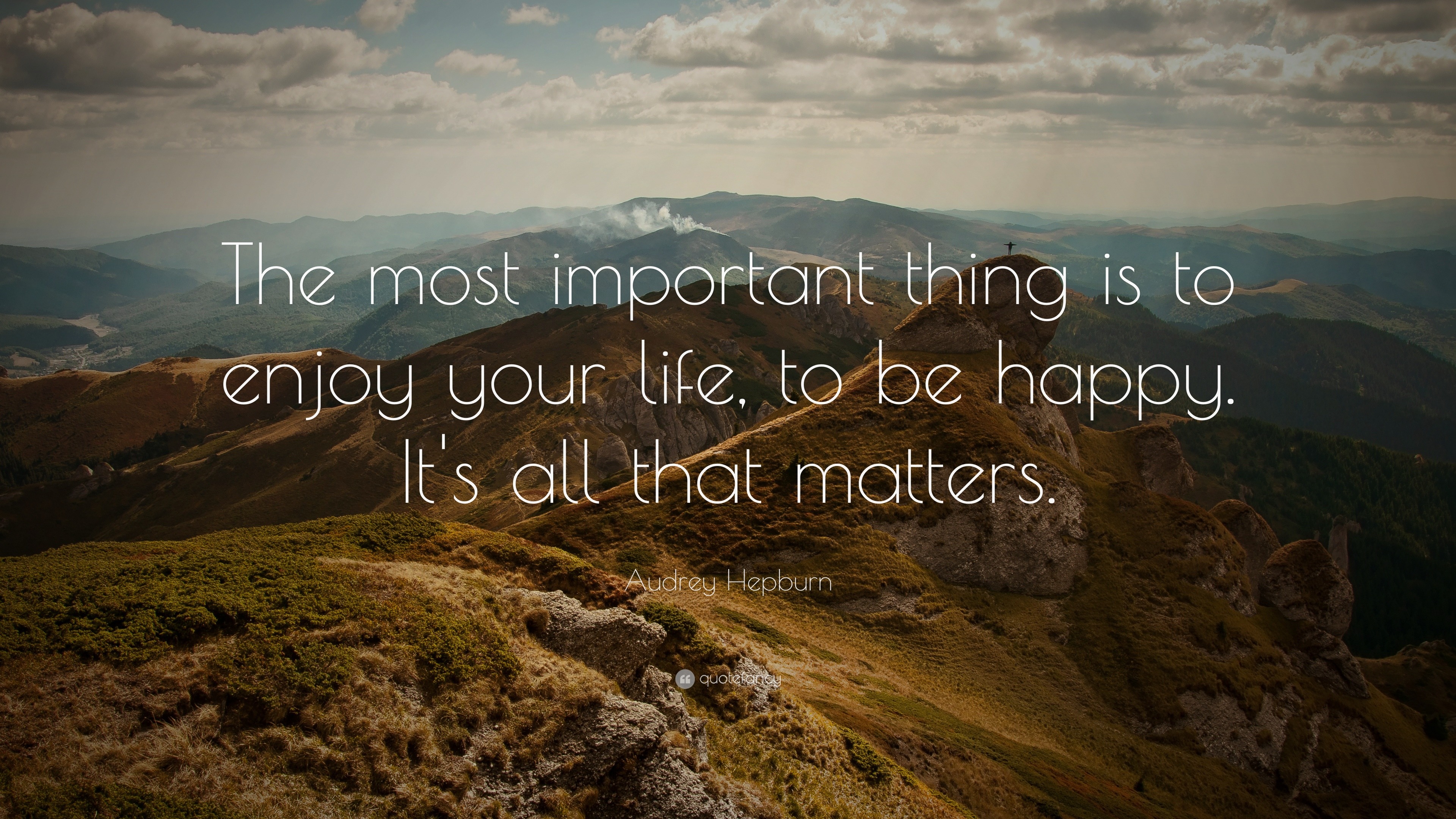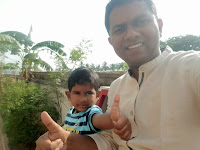Over the last two decades, politics in India and most countries across the world, has gone from one of the most respected/responsible profession to a dirty one. The values of erstwhile politicians like from Nationalism, Idealism, are rarely seen now. Today, there are not many politicians in India who stand for what our founding fathers stood for. In these times, this series is a humble attempt to share about some of the giants of Indian politics. This post is a collection of excerpts from various publications, those which reflect my thoughts.
Kocheril Raman Narayanan served as the 10th President of India (1997–2002). K. R. Narayanan was born in a small thatched hut at Perumthanam, Uzhavoor, Kerala, as the fourth of seven children of Kocheril Raman Vaidyar, a practitioner of the traditional Indian medical systems of Siddha, Ayurveda. His family belonging to the Paravan caste,( whose members are assigned the task of plucking coconuts as per the caste system) was poor, but his father was respected for his medical acumen. He was born on 4 February 1921, but his uncle, who accompanied him on his first day in school, did not know his actual date of birth, and arbitrarily chose 27 October 1920 for the records; Narayanan later chose to let it remain official. Narayanan had his early schooling in Uzhavoor at the Government Lower Primary School, Kurichithanam and Our Lady of Lourdes Upper Primary School. He walked to school for about 15 kilometres daily through paddy fields, and was often unable to pay the modest fees. He often listened to school lessons while standing outside the classroom, having been barred from attending because tuition fees were outstanding. The family lacked money to buy books and his elder brother K. R. Neelakantan, who was confined to home as he was suffering from asthma, used to borrow books from other students, copy them down, and give them to Narayanan.

Narayan obtained his B. A. and M.A. in English literature from the University of Travancore (1940–43) (present day University of Kerala), standing first in the university, thus becoming the first Dalit to obtain this degree with first class in Travancore. With his family facing grave difficulties, he left for Delhi and worked for some time as a journalist with The Hindu and The Times of India (1944–45). During this time he once interviewed Mahatma Gandhi in Bombay on his own volition (10 April 1945). In 1944, Narayanan was awarded a Tata Scholarship of Rs. 16,000 by J. R. D. Tata to read politics, economics and journalism at the London School of Economics (LSE).
When Narayanan returned to India in 1948, Laski gave him a letter of introduction to Prime minister Jawaharlal Nehru. Harold Laski was the Chairman of British Labour party at that time, and also Professor in Economics, at the London School of Economics. Following this, Narayanan joined the foreign services in 1949 and worked in the embassies of Rangoon (now Yangon), Tokyo, London, Canberra and Hanoi. He was also the ambassador of Thailand (1967-1969), Turkey (1973-1975) and China (1976). It was for the first time in 15 years that an Indian ambassador was sent to China. Former diplomat A.K. Damodaran had said, “That he was personally chosen by Indira Gandhi in 1976 to head the mission in Beijing, which was closed for 15 years, speaks volumes about his credentials as a diplomat.” Hailed as the best diplomat of the country by Nehru, Narayanan joined politics on Indira Gandhi’s request and went on to win three general elections in 1984, 1989 and 1991 from Kerala’s Palakkad on a Congress ticket and was a minister in the Rajiv Gandhi government.
In his address to the nation during the Golden Jubilee celebrations of Republic Day in 2000, Narayanan expressed his concern over how social, economic and political justice still remain an unfulfilled dream for millions of Indians even 50 years after India became a republic. Narayanan also said the status of women in the country was “the greatest national drawback”. He supported the Women’s Reservation Bill and said the major gains of democracy was the “ever-growing active participation of women in the political process, not just as voters but as elected representatives”. He expressed his displeasure over the government’s stance on some issues, including the Babri Masjid-Ram Temple dispute. Narayanan described the demolition of Babri Masjid as the greatest tragedy India faced after the assassination of Mahatma Gandhi. Narayanan had criticised the Atal Bihari Vajpayee government for not taking appropriate actions early enough to stop the communal riots in Gujarat in 2002. Calling the riots the “most difficult dilemma of his career”, he had later said he did suggest the government to deploy the Army, but the government did not follow up with action.
While working in Rangoon, Burma (Myanmar), K. R. Narayanan met Ma Tint Tint, whom he later married in Delhi on 8 June 1951. Ma Tint Tint was active in the YWCA and on hearing that Narayanan was a student of Laski, approached him to speak on political freedom before her circle of acquaintances. Their marriage needed a special dispensation from Nehru as per Indian law, because Narayanan was in the IFS and she was a foreigner. Ma Tint Tint adopted the Indian name Usha and became an Indian citizen. Usha Narayanan worked on several social welfare programs for women and children in India and completed her Masters in Social Work from Delhi School of Social Work.
In the general elections of 1998, K. R. Narayanan became the first sitting President to vote (16 February 1998), casting his vote at a polling booth in a school within the Rashtrapati Bhavan complex after standing in a queue like an ordinary citizen. He insisted on casting his vote, despite the departure from precedent being pointed out to him. Narayanan sought to change what was a long-standing practice of Indian presidents not voting during general elections. President Narayanan in his speeches consistently sought to remind the nation of its duties and obligations towards the Dalits and Adivasis, the minorities, and the poor and downtrodden. He called the nation's attention to various recalcitrant social ills and evils, such as atrocities against women and children, caste discrimination and the ingrained attitudes it nurtured, abuse of the environment and public utilities, corruption and lack of accountability in the delivery of public services, religious fundamentalism, advertisement-driven consumerism, and flouting of human rights, and lamented the absence of public concern, political debate, and civic action to address them. Drawing from the experiences of his own home state Kerala, he pointed out that education was at the root of human and economic development. He hoped that the establishment would not fear the awakening of the masses through education, and spoke of the need to have faith in the people. Throughout his Presidency, Narayanan adopted the policy of not visiting places of worship or godmen/godwomen; he is the only President to have followed this practice.
About his life and its message, K. R. Narayanan said: I see and understand both the symbolic as well as the substantive elements of my life. Sometimes I visualise it as a journey of an individual from a remote village on the sidelines of society to the hub of social standing. But at the same time I also realise that my life encapsulates the ability of the democratic system to accommodate and empower marginalised sections of society. Narayanan passed away in 2005 at the age of 85. He is and will be remembered as the President, who never shied away from speaking his mind and didn’t hesitate to call a spade a spade.
.jpeg)


.jpeg)









